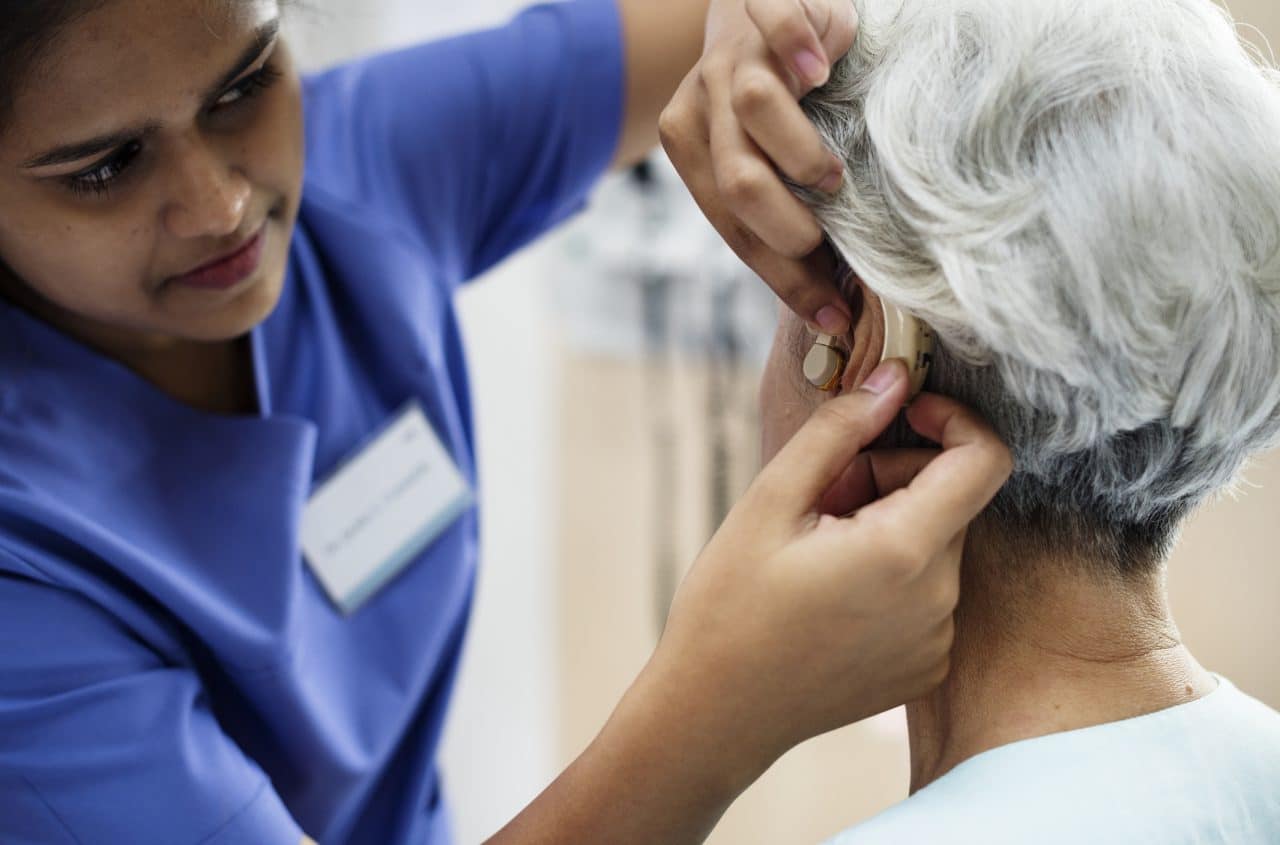If your primary care physician referred you to an audiologist, you may be wondering what exactly they can do for you. Most people think of audiologists as medical professionals who diagnose and treat hearing loss, but they do much more than that. Below we cover what audiologists do, what training they undergo and the difference between audiologists and other hearing professionals.

Audiologists specialize in the auditory system. They’re trained to:
Today, audiologists hold a four-year undergraduate degree in communication sciences and disorders or a similar major as well as a Doctor of Audiology (Au.D.) degree from an accredited university like The University of Wisconsin-Madison. They take a variety of classroom courses, including:
During their Au.D. program, they also complete a one-year externship where they work full-time in a clinical setting under the supervision of a qualified audiologist.
After getting their Au.D. degree, they then must become licensed in their state, a process which involves passing a written and/or practical exam.
Hearing instrument specialists (HIS) are trained to administer hearing tests and dispense hearing aids. Each state has a different requirement to become an HIS, though usually the requirement is a high school diploma and completion of a two-year program. Meanwhile, audiologists can perform full diagnostic evaluations of the auditory system, from the outer ear to the brain, and provide whatever treatment they deem appropriate.
For more information about audiologists or to schedule an appointment for a comprehensive audiological evaluation, call DeFatta Hearing Aid Experts today.
